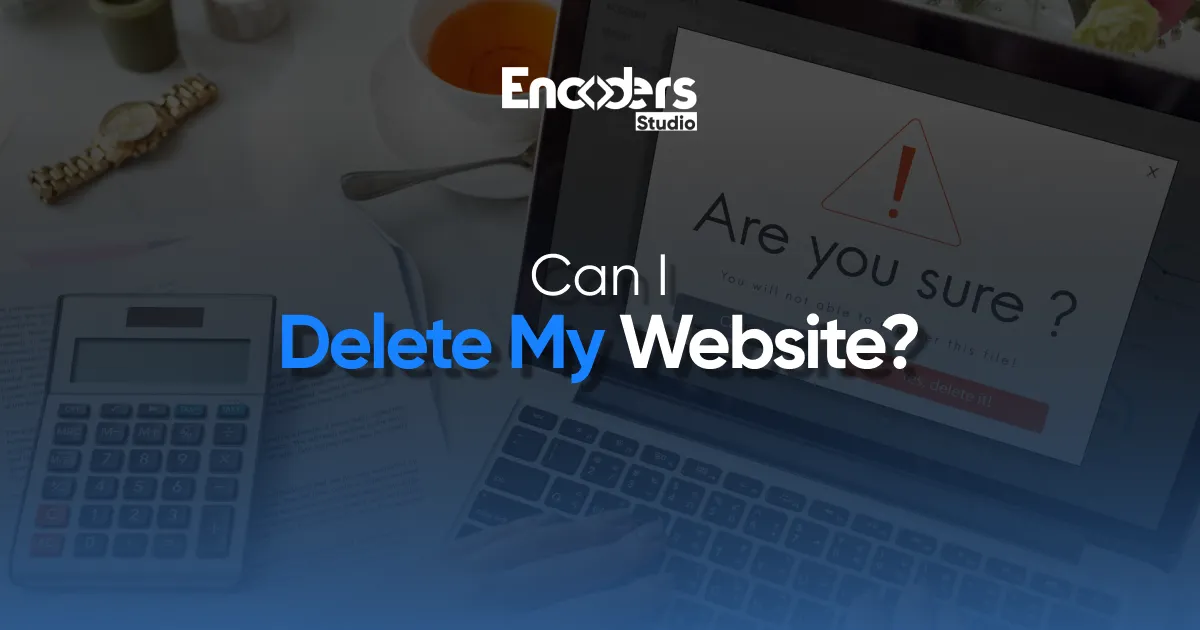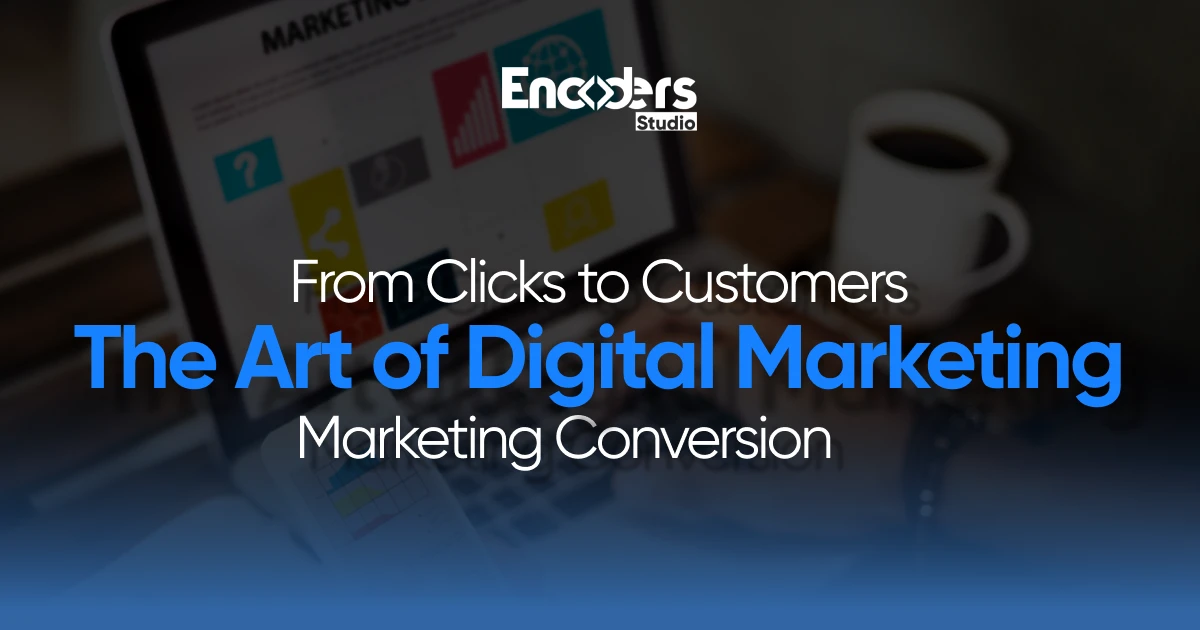Websites come and go as businesses evolve, projects conclude, or online strategies shift. The question “Can I delete my website?” is more complex than it might seem at first glance. Deleting a website isn’t just about pressing a delete button; it’s a process that requires careful consideration and proper execution to avoid potential pitfalls.
Websites represent significant investments of time, money, and effort. They often contain valuable content, customer data, and digital assets. Before making the decision to delete your website, it’s crucial to understand the implications and steps involved.
What are the Implications of Deleting Your Website?
Deleting a website is often irreversible, and the consequences can be far-reaching.
Loss of Online Presence
Your website is often the first point of contact between you and potential customers or audience. Deleting it means losing this vital touchpoint. If you’re a business, this could lead to a significant drop in leads and sales. For personal brands or portfolios, it might mean losing visibility in your industry.
SEO Implications
Over time, your website likely built up some level of search engine optimization (SEO) value. Deleting your site means losing all the rankings you’ve worked hard to achieve. If you decide to create a new website in the future, you’ll essentially be starting from scratch in terms of SEO.
Legal and Compliance Issues
Depending on your industry, you might have legal obligations to maintain certain information online. For example, if you’ve collected customer data, you need to ensure you’re complying with data protection regulations even as you shut down your site.
Preparing for Website Deletion
If you’ve weighed the implications and still decided to proceed with deleting your website, proper preparation is key.
Backup Your Data
This is perhaps the most crucial step in the deletion process. Even if you think you won’t need the data in the future, it’s better to be safe than sorry.
- Create a full backup of your website files, including all HTML, CSS, JavaScript, and media files.
- Export your database if your site uses one.
- Download any content management system (CMS) data, such as WordPress posts and pages.
- Save all analytics data, which can provide valuable insights even after your site is gone.
Inform Your Audience
If your website has regular visitors or customers, it’s courteous to inform them about the impending deletion. This could be done through:
- A banner or pop-up on your website
- Email notifications to subscribers or registered users
- Social media announcements
Provide information about why you’re taking this step and what alternatives, if any, your audience has to stay connected with you or access your services.
Handle Domain and Hosting
Your domain name and hosting are separate from your actual website content. Decide what you want to do with these:
- Domain Name: You might want to keep your domain name even after deleting your website. This prevents others from acquiring it and potentially using it in ways that could harm your brand.
- Hosting: Cancel your hosting plan if you’re sure you won’t need it anymore. However, if there’s a chance you might want to revive your online presence in the future, consider downgrading to a basic plan instead of canceling outright.
The Process of Deleting Your Website
Now that you’ve prepared, let’s walk through the actual process of deleting your website.
Removing Content from Web Hosting
- Log into your hosting account’s control panel.
- Locate the file manager or FTP access.
- Delete all files and folders associated with your website.
- If you use a database, drop all tables and delete the database itself.
Deleting from Website Builders
If you used a website builder like Wix, Squarespace, or WordPress.com, the process might be slightly different:
- Log into your account on the platform.
- Navigate to your website settings or dashboard.
- Look for an option to delete or remove your website.
- Follow the prompts to confirm the deletion.
Remember, once you confirm deletion on these platforms, it’s often irreversible.
Handling Search Engine Results
Even after you’ve deleted your website, it might still appear in search engine results for a while. To address this:
- Use Google Search Console to request removal of your site from search results.
- Submit an outdated content removal request if necessary.
- Monitor search results over the following weeks to ensure your site disappears from the listings.
Alternatives to Complete Deletion
In some cases, completely deleting your website might not be the best option. Consider these alternatives:
Archiving Your Website
Instead of deleting, you could archive your website. This involves:
- Creating a static version of your site.
- Removing any dynamic or interactive elements.
- Hosting this static version on a low-cost or free hosting service.
This way, your content remains accessible, but you don’t need to actively maintain the site.
Putting Your Site in Maintenance Mode
If you’re unsure about permanent deletion, you can put your site into maintenance mode. This involves:
- Displaying a “Site Under Maintenance” message to visitors.
- Disabling most functionality of your site.
- Keeping the basic structure intact for potential future use.
Scaling Down
If cost is a concern, consider scaling down your website instead of deleting it entirely. This might involve:
- Reducing the number of pages or features.
- Moving to a cheaper hosting plan.
- Simplifying your design to reduce maintenance needs.
Best Practices for Website Removal
Whether you’re deleting your site entirely or opting for an alternative, follow these best practices:
Gradual Shutdown
Instead of abruptly taking your site offline, consider a phased approach:
- Announce the upcoming changes to your audience.
- Gradually reduce content or features over time.
- Provide clear information about alternative ways to access your services or content.
Set Up Redirects
If you’re moving content to a new location, set up 301 redirects. This helps preserve some SEO value and ensures users land on the correct pages if they follow old links.
Address Legal and Ethical Considerations
Ensure you’re complying with all relevant laws and regulations, particularly regarding user data. If you’ve collected personal information, make sure you handle it appropriately during the deletion process.
Web Developer Perspective
For a website developer in Lahore, PK like Encoders Studio and beyond, guiding clients through the website deletion process is an important skill. It involves not just technical knowledge but also an understanding of the business implications and the ability to advise on the best course of action.
The Bottom Line
The digital footprint of your website extends far beyond its immediate presence. From search engine rankings to user data, from content archives to business relationships, your website is intricately woven into the fabric of your online identity. However, there are times when removing a website is the right choice. Perhaps your business has evolved, your project has concluded, or your online strategy has shifted dramatically. In such cases, proper deletion ensures a clean break and paves the way for new digital endeavors.
Read More: Can I Make a Website with Python?




